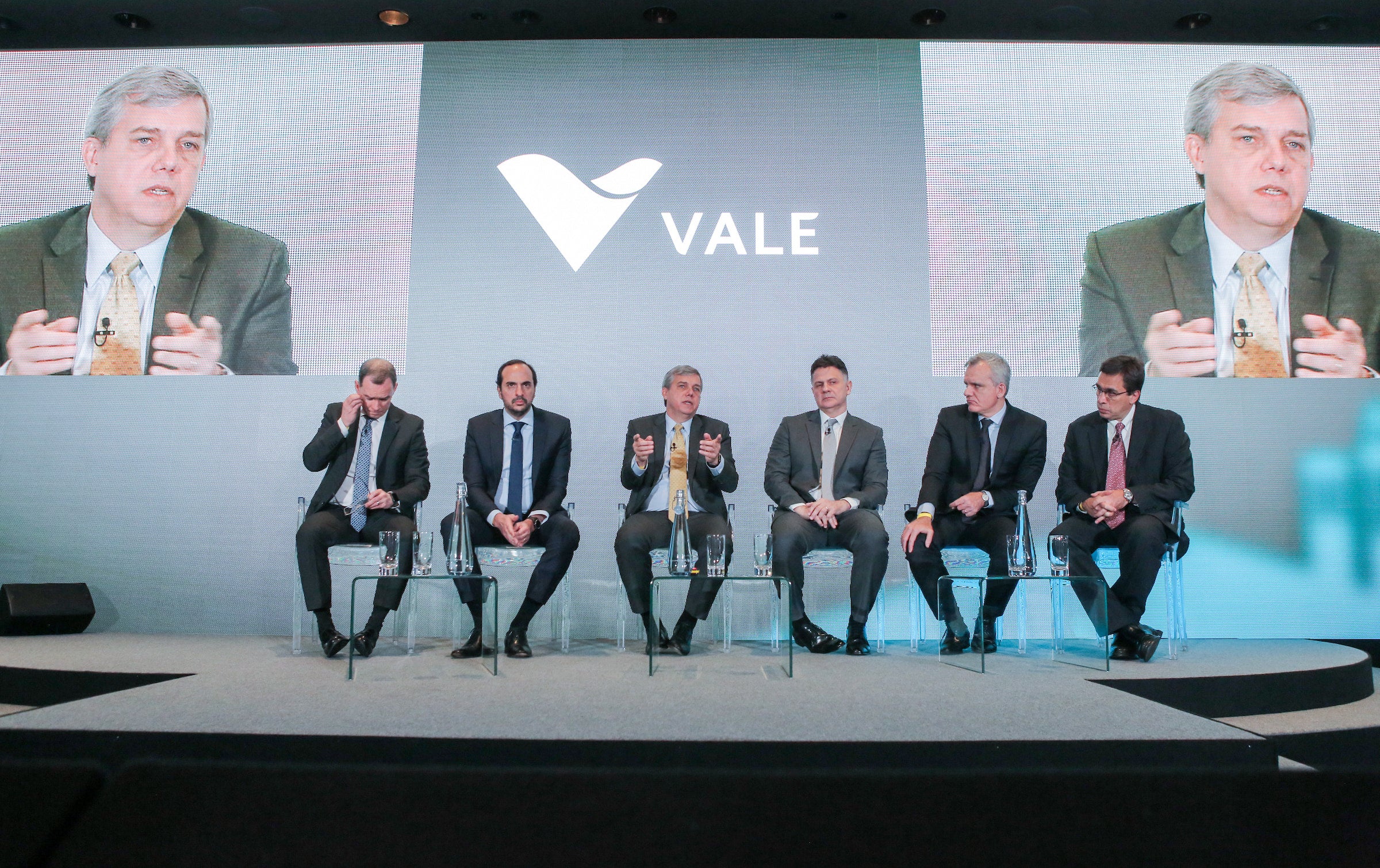
Brazilian mining giant Vale faces a shareholder rebellion at its upcoming annual general meeting (AGM) over a leadership shakeup. Shareholders hope to contest chair and vice chair board positions with four independent candidates. The situation is the first move of its kind in Brazil.
Changes to the company’s board come in response to the 2019 Brumadinho dam disaster, which killed at least 270 people when a tailings dam collapsed. Before this, a Vale subsidiary was responsible for the collapse of another dam elsewhere in the state of Minas Gerais, killing 15. The latest disaster caused political and legal backlash, implementation of new international tailings standards, and a programme of reforms at Vale to prevent more casualties.

Discover B2B Marketing That Performs
Combine business intelligence and editorial excellence to reach engaged professionals across 36 leading media platforms.
As of the end of March 2021, Vale states that it has spent R$13bn ($2.34bn) on reparations for the disaster. The company has also moved to implement 105 business and structural changes identified by a review. As part of this, changes to the board of directors were meant to finish by the end of 2020. However, the issue has overshadowed Vale’s upcoming AGM, on 30 April.
What is happening on the Vale board?
In March 2021, Vale approved changes to company bylaws affecting the composition of its board. As part of this, Vale employees appoint one board member. The changes also increase the number of independent board members from three to seven, starting from its upcoming AGM.
At the AGM, 16 candidates will compete for 12 seats on Vale’s board. The existing board proposed 12 of these, but rebel shareholders have proposed four. They hope to contest the seats of chair and vice chair of the board, in order to better reform the company and make it more accountable.
Investment firm Glass Lewis has encouraged shareholders to vote for two of the dissident nominees, while abstaining on two others. According to a ‘controversy alert’ issued by the company: “The dissident shareholders feel there are major gaps that the company has not addressed in its nominating process and highlights that the proposed board does not appear well-placed to deliver on promised cultural change.”

US Tariffs are shifting - will you react or anticipate?
Don’t let policy changes catch you off guard. Stay proactive with real-time data and expert analysis.
By GlobalDataThe firm also highlights the lack of legal expertise among the board’s proposed nominees. In addition, independent lawyer and former board member Gasparino da Silva did not receive a board nomination to continue in his seat after voting against a resolution proposed by the board.
Voting system reform, and how it would change Vale’s governance
This proposed resolution would have changed the voting system used to appoint board members. The proposed majority voting system would have allowed shareholders to vote for and against each individual board nomination. Candidates would then require more votes for themselves than those against. This system has variations that would fill all seats with candidates receiving the most ‘for’ votes, regardless of a majority.
The Brazilian Securities and Exchange Commission have since written to Vale, disallowing a change in system. The company has now removed the matter from the upcoming AGM. In response, a Vale spokesperson said that the company “reserves the right to request, in due course, that the matter be re-examined”.
Instead, Glass Lewis has reminded shareholders that they can use a cumulative voting system. This would only allow ‘for’ votes, but would allow voters to place them all on one candidate. As such, this would allow shareholders to force through some nominations by heaping votes onto them.
Beyond the board nominations, Vale said in a statement that “it is notorious that the approval of the other items of the proposed amendments to the company’s bylaws will bring important advances to Vale’s governance”. The company’s timeline expects the last of its recommended actions to finish by the end of 2022.





